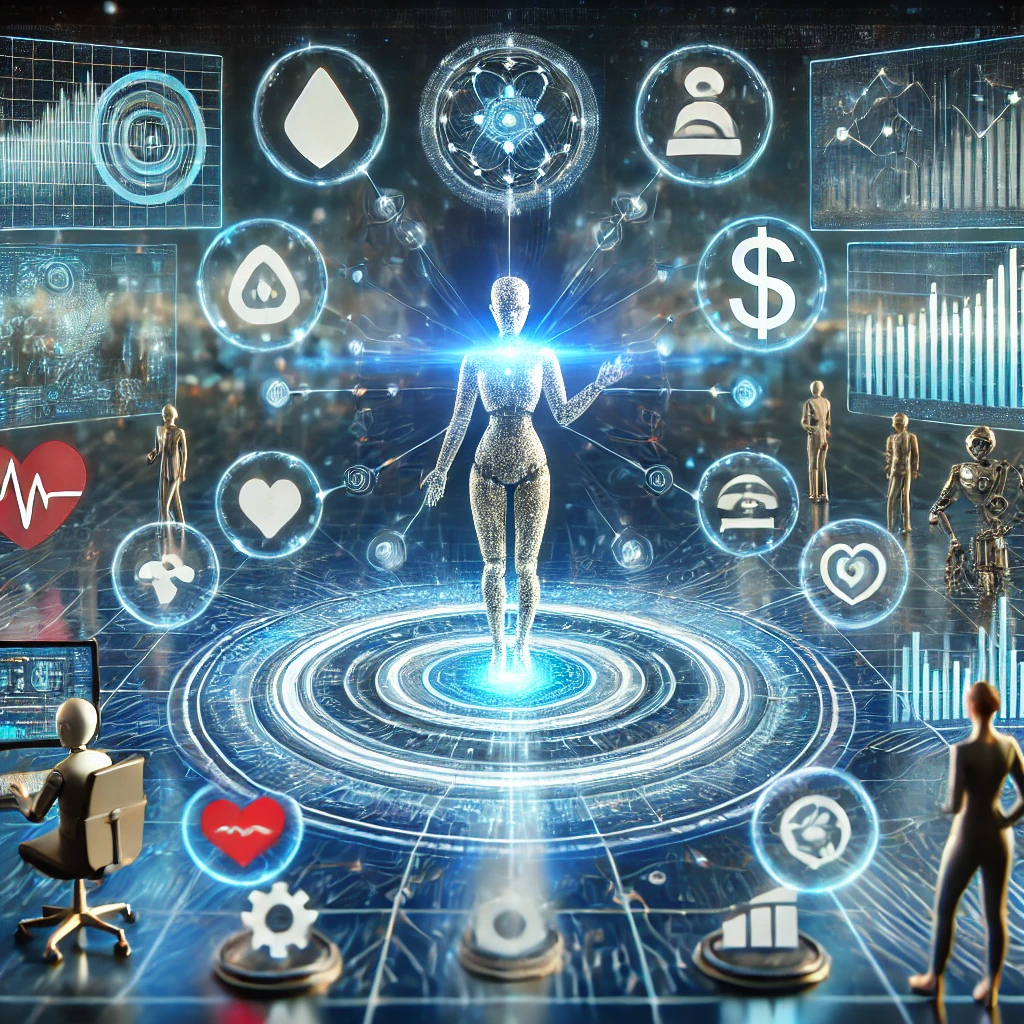Introduction
Artificial Intelligence (AI) has been evolving rapidly, driving transformations across various sectors such as healthcare, security, financial services, and manufacturing. Within this context, Agential AI stands out for its ability to operate independently, reducing the need for human interaction and optimizing processes.
This article explores the concept of Agential AI, its practical applications, examples of companies adopting this technology, the main benefits it provides, and future trends of this technological advancement.
What is Agential AI?
Agential AI refers to a model of artificial intelligence that operates autonomously, making decisions and performing tasks based on data, continuous learning, and intelligent interaction with its environment. Unlike traditional prompt-based models, this approach enables virtual agents to carry out activities without requiring direct commands.
The technology is based on four fundamental pillars:
- Autonomy: The ability to operate without constant human supervision.
- Adaptability: Dynamic adjustment to new conditions and information.
- Intentionality: The capability to define and pursue goals.
- Memory: Retention of information to improve future interactions.
Applications of Agential AI
Agential AI can be applied across multiple sectors, including:
Healthcare
In healthcare, autonomous agents monitor patients in real time, analyze test results, and provide personalized medical recommendations. These systems also support hospital management and disease prevention.
Financial Sector
Banks use Agential AI to detect fraud, personalize financial services, and optimize investments based on customer behavior.
Industry and Logistics
Industrial companies employ intelligent agents to optimize supply chains, predict equipment failures, and increase production efficiency.
Customer Service
Advanced virtual assistants powered by Agential AI provide proactive support, identify problems, and resolve issues without human intervention.
Examples of Companies Using Agential AI
- Salesforce: Developed Agentforce, a platform that enables the creation of customizable intelligent agents.
- Microsoft: Implemented autonomous agents in Azure AI to optimize predictive analytics and technical support.
- Google: Uses Agential AI in Google Assistant to enhance user interaction and execute tasks autonomously.
- IBM: With Watson, has advanced the development of Agential AI applied to healthcare and corporate environments.
Benefits of Agential AI
- Greater Efficiency: Reduces time spent on operational processes.
- Error Reduction: Data-driven decisions minimize human mistakes.
- Cost Optimization: Automation reduces labor costs and waste.
- Enhanced User Experience: Proactive interaction and personalized services.
- Improved Security: Continuous monitoring reduces system vulnerabilities.
Future Trends
Gartner projects that by 2028, 33% of enterprise applications will incorporate Agential AI, and 15% of daily decisions will be made autonomously by such systems. The trend suggests this technology will become increasingly present in sectors requiring fast responses and service personalization.
Conclusion
Agential AI represents an evolutionary leap in artificial intelligence, promoting efficiency and autonomy across multiple fields. With the growing adoption of this technology, significant improvements in service quality and process automation are expected. However, implementation must be accompanied by appropriate regulation to ensure ethical practices and user safety.
Reach a global audience of portfolio, program, and project managers, product leaders, and certification professionals. Explore advertising opportunities .
Sponsored

